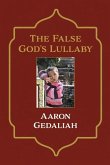
14,99 €
Versandfertig in über 4 Wochen
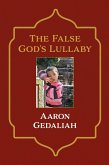
5,94 €
inkl. MwSt. und vom Verlag festgesetzt.
Sofort per Download lieferbar
Ähnliche Artikel
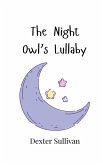

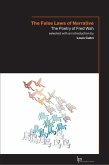
17,99 €
Versandfertig in über 4 Wochen
Broschiertes Buch
The Poetry of Fred Wah
1. Oktober 2009
Wilfrid Laurier University Press
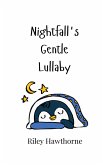
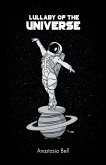
15,99 €
Versandfertig in 1-2 Wochen
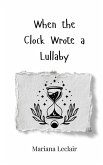
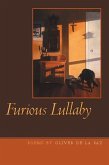
17,99 €
Versandfertig in über 4 Wochen

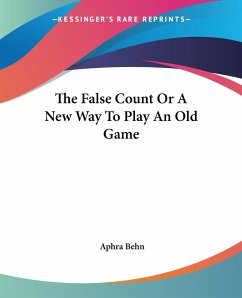
20,99 €
Versandfertig in 1-2 Wochen
Broschiertes Buch
17. Juni 2004
Kessinger Publishing, LLC

Ähnlichkeitssuche: Fact®Finder von OMIKRON
